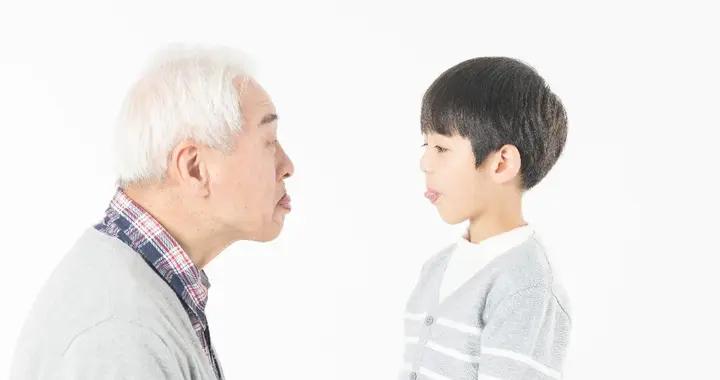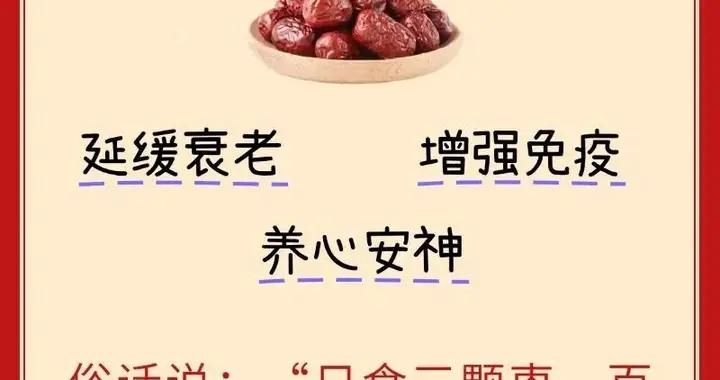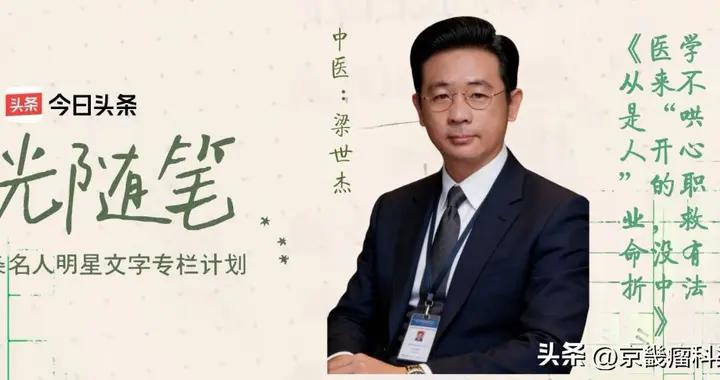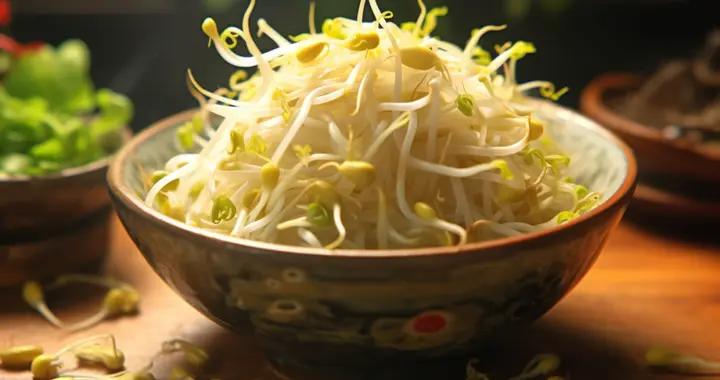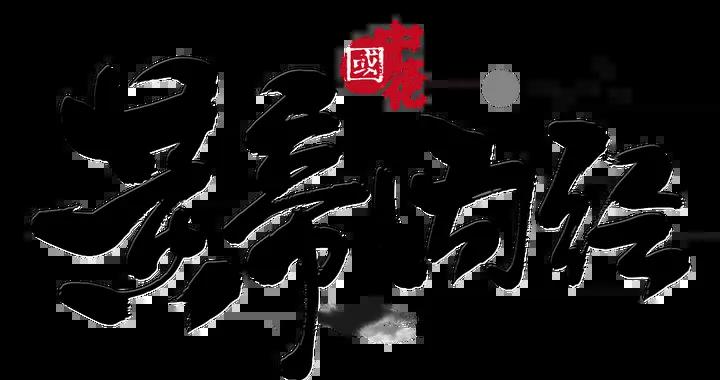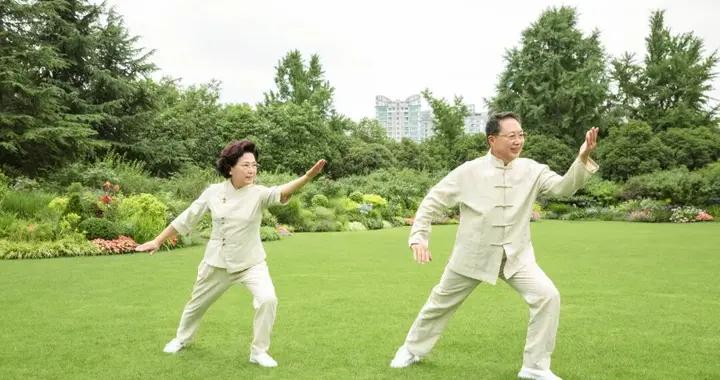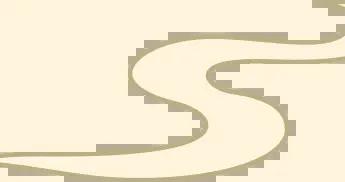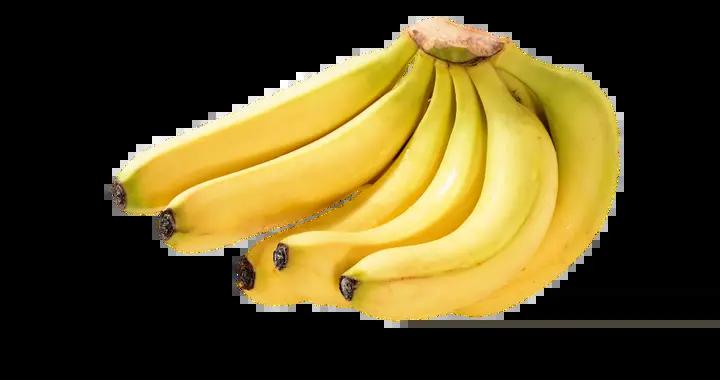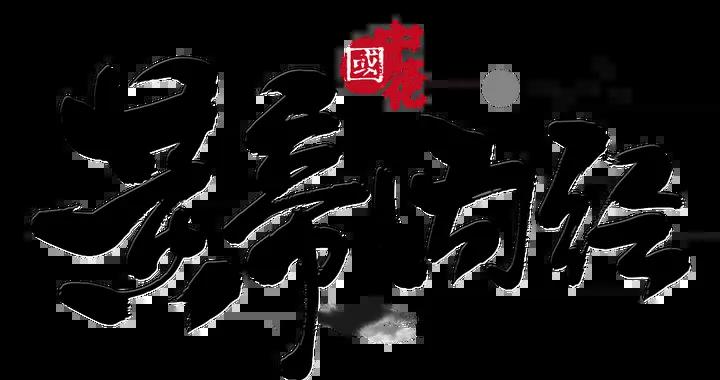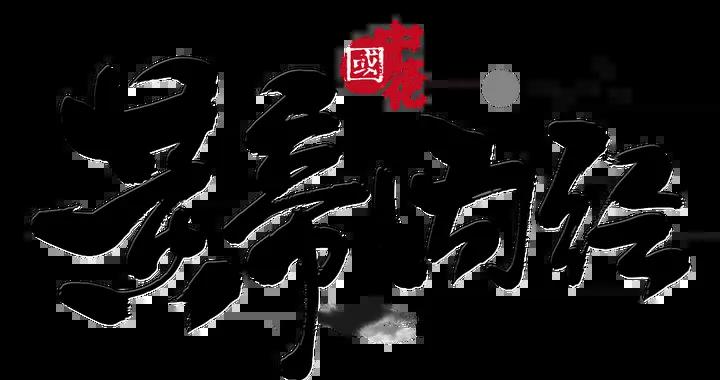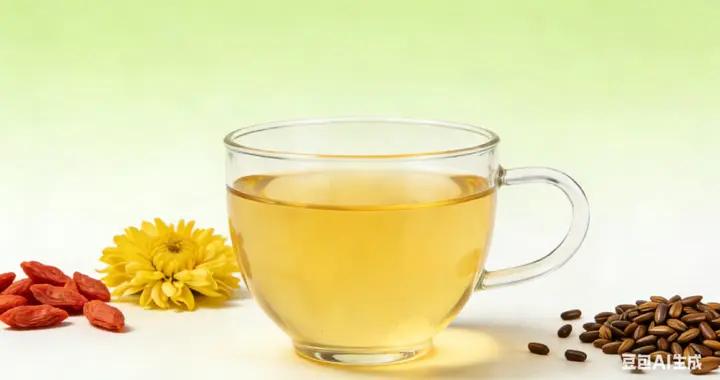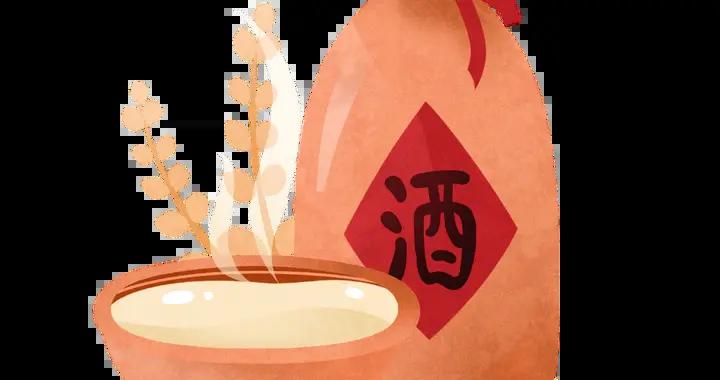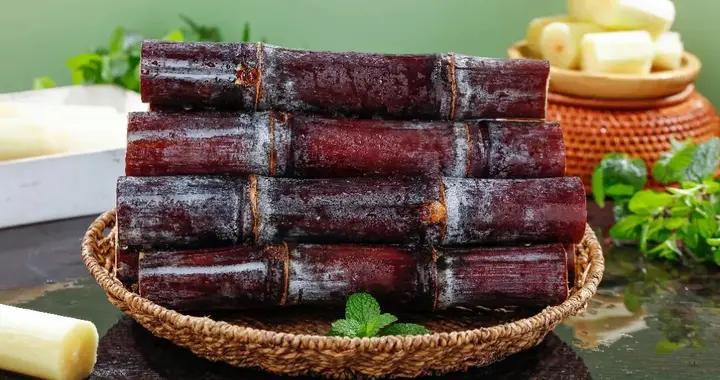自擬穩心飲對五臟元氣恢復及陰陽平補的臨牀研究
作者:梁世傑
摘要:
本文旨在探討自擬穩心飲在恢復氣血、五臟元氣以及平補陰陽方面的獨特療效。通過對傳統中醫理論的深入挖掘和臨牀實踐驗證,本文詳細闡述了五臟失榮的病因、病機、病勢,並提出了以心脾胃爲核心的治療原則。自擬穩心飲作爲本研究的核心方劑,經過兩年的臨牀驗證,顯示出顯著的療效和可靠性。本文將從理論到實踐,全面剖析自擬穩心飲的治療機理和臨牀應用價值。
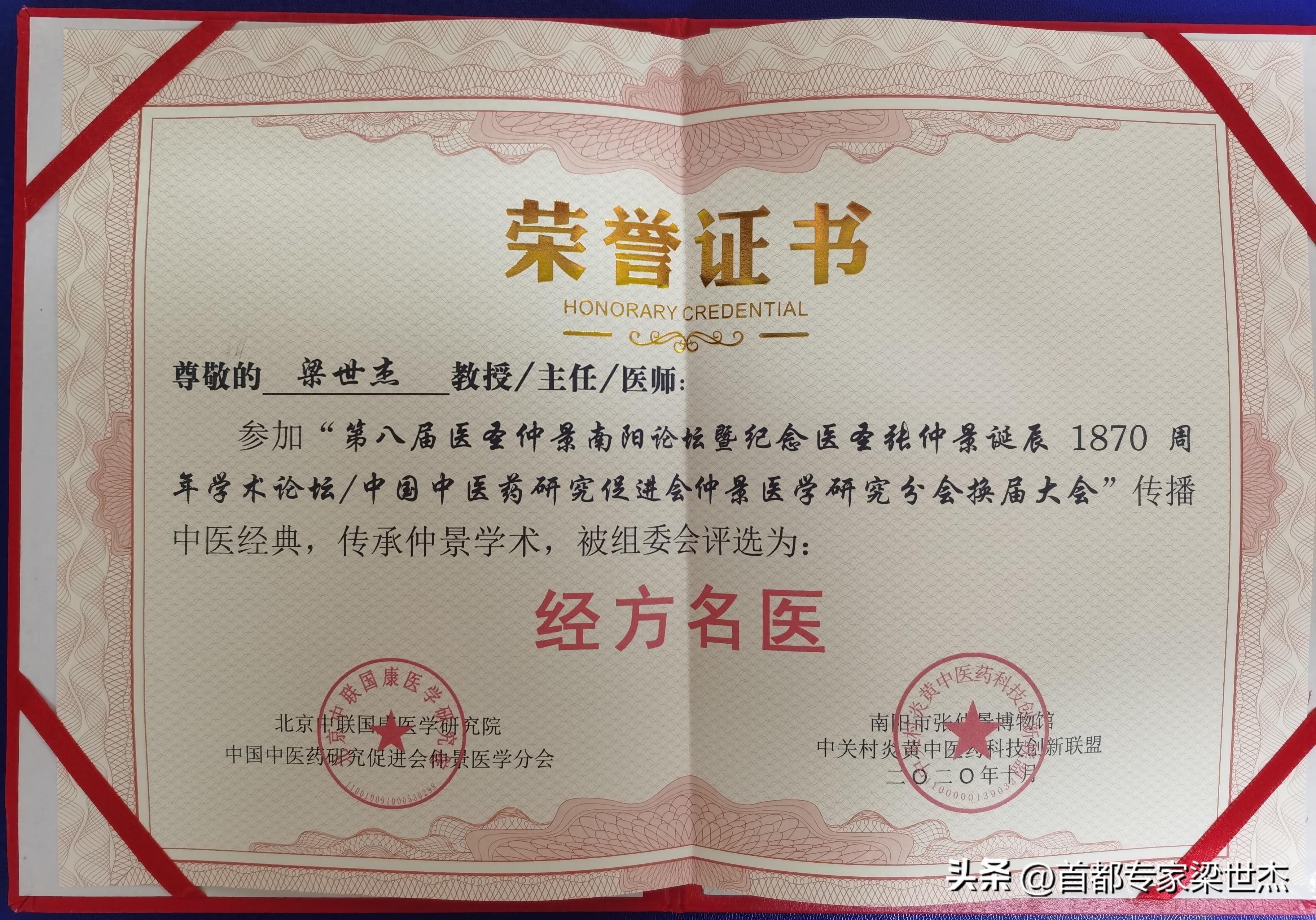
一、病因
整體氣血不足、精血不足、陰陽兩虛是五臟失榮的主要原因。現代生活節奏加快,勞累過度,飲食不節,情志失調等因素均可導致脾胃虧虛,進而影響到氣血的生成和運轉。脾胃爲氣血生化之源,後天之本,其功能的衰退直接導致五臟失養,出現心悸、肺衄、肝腹痛、腎失精、脾四肢痠疼等症狀。
二、病機
1. 脾胃虧虛,氣血暗耗:脾胃功能衰退,無法有效生化氣血,導致五臟失養。
2. 氣機升降失常:脾胃爲氣機升降之樞,其功能失調導致氣滯壅塞,進一步影響五臟功能。
3. 勞傷心神:心爲五臟之大主,心神勞損導致五臟神機失靈,加重脾虛。
三、病勢
五臟失榮的病勢多表現爲虛實夾雜,以虛爲主。虛則氣血不足,實則氣滯血瘀。隨着病情的深入,五臟功能逐漸衰退,生命力下降。
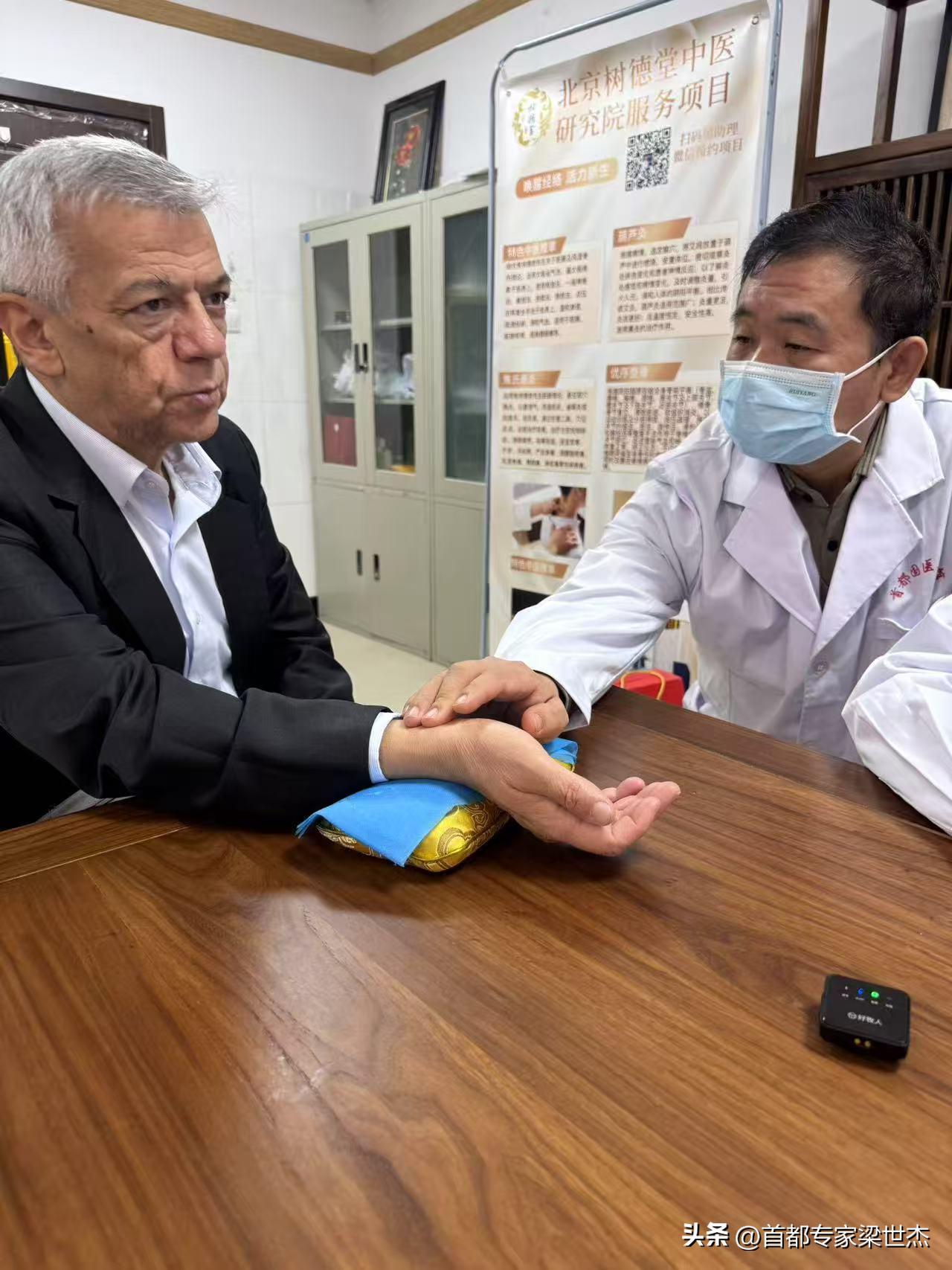
四、分型
根據臨牀表現,將五臟失榮分爲心悸型、肺衄型、肝腹痛型、腎失精型、脾四肢痠疼型等。但各型之間並非完全獨立,常相互交織,形成複雜的臨牀局面。
五、治療原則
以恢復氣血、五臟元氣,平補陰陽爲核心治療原則。通過調理脾胃,促進氣血生化;暢通氣機,恢復五臟功能;養心安神,增強心神對五臟的調控能力。
六、驗案舉隅
患者張某,男,50歲,因長期勞累過度,出現早搏、房顫伴渾身乏力、眩暈、心慌、氣短、胸悶、憋氣、驚恐不安等症狀。西醫診斷爲心律失常,但治療效果不佳。後求治於中醫,辨證爲氣血兩虛,心神失養。予自擬穩心飲加減治療,服藥一個月後,症狀明顯減輕,繼續服藥三個月,諸症悉除,心電圖恢復正常。
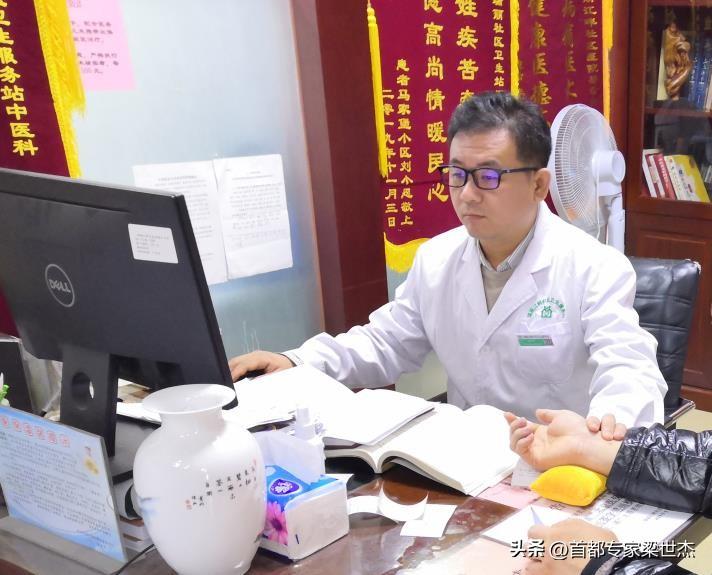
七、理、法、方藥
(一)理
自擬穩心飲的治療機理在於通過調理脾胃,促進氣血生化;養心安神,增強心神對五臟的調控能力;同時平補陰陽,恢復五臟元氣。
(二)法
採用湯劑口服,每日一劑,分兩次服用。根據病情變化,適時調整方劑組成和劑量。
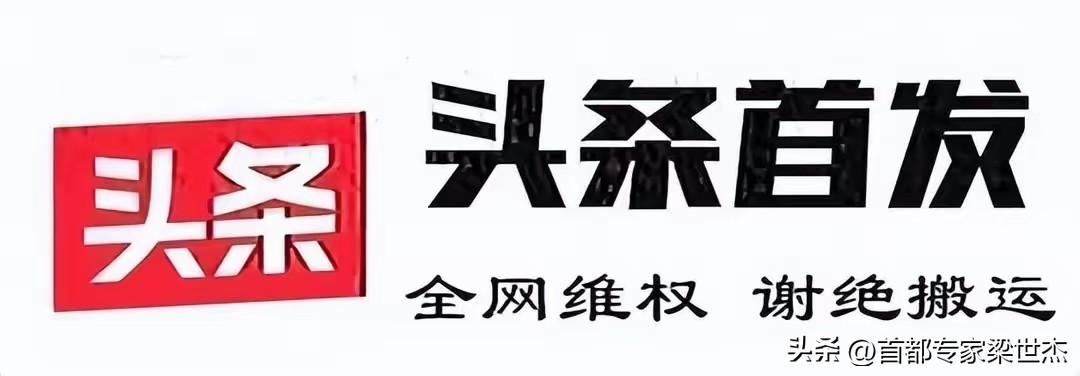
(三)方藥
自擬穩心飲組成:酸棗仁15克,知母12克,茯苓15克,川芎10克,炙甘草15克,地景草20克,仙鶴草12克,仙茅10克,仙靈脾10克,甘松6克,蒲黃10克,百合12克,烏藥10克,丹蔘15克,鬱金10克,瓜蔞15克,牡蠣30克,五味子6克,麥冬12克,珍珠母25克,蓮子心5克,醋元胡10克,黨蔘12克。
八、方解
方中酸棗仁、知母、茯苓養心安神;川芎、炙甘草、地景草、仙鶴草等調理氣血;仙茅、仙靈脾平補陰陽;甘松、蒲黃、百合等暢通氣機;丹蔘、鬱金、瓜蔞等活血化瘀;牡蠣、五味子、麥冬等固澀精氣;珍珠母、蓮子心等清心火;醋元胡止痛;黨蔘健脾益氣。諸藥合用,共奏恢復氣血、五臟元氣,平補陰陽之功。
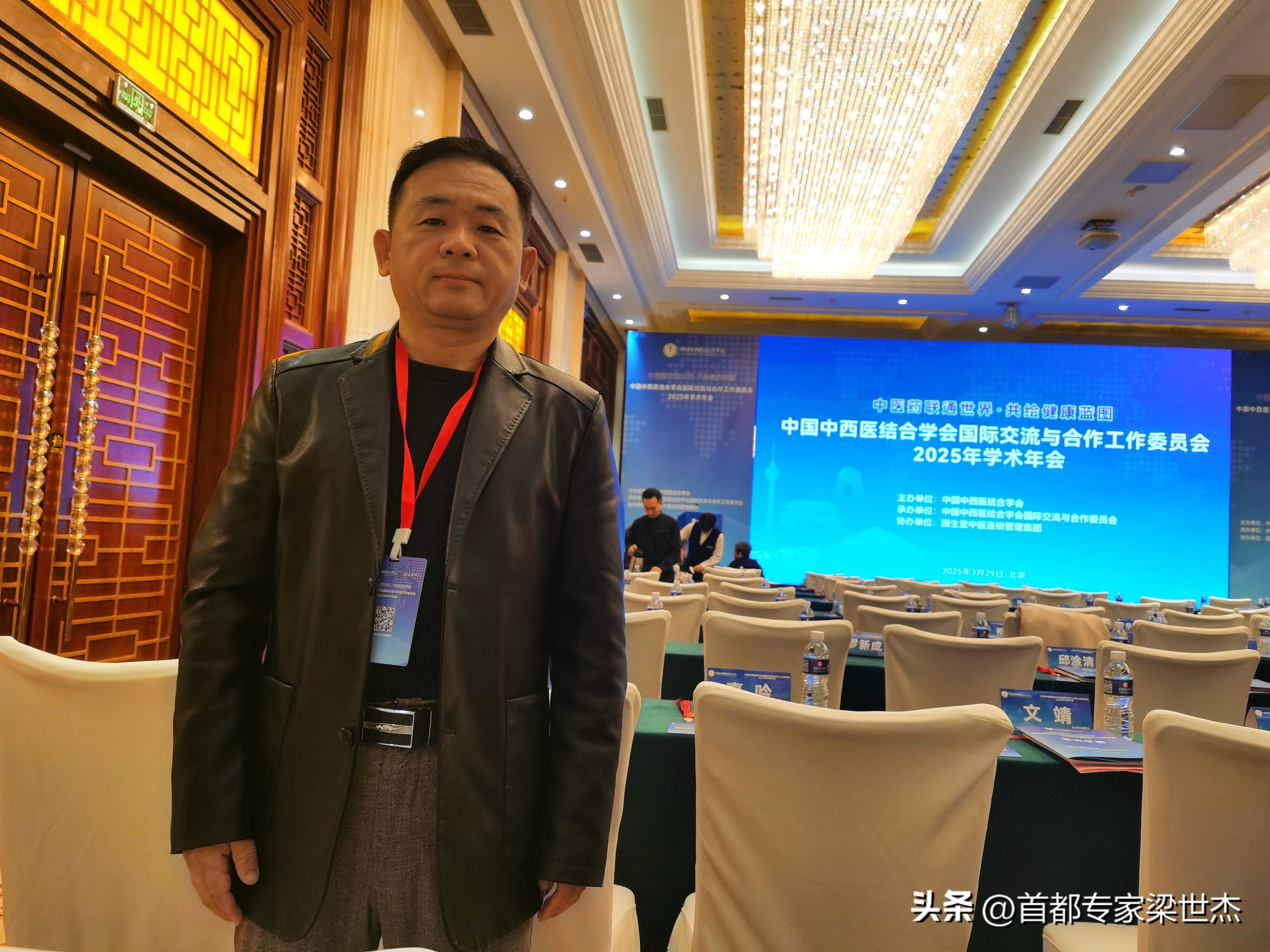
結論:
自擬穩心飲在恢復氣血、五臟元氣以及平補陰陽方面具有顯著療效。通過調理脾胃,養心安神,暢通氣機等多種途徑,有效改善了五臟失榮的臨牀症狀,提高了患者的生活質量。本方劑的臨牀應用,不僅豐富了中醫理論的內涵,也爲現代醫學治療心律失常等疾病提供了新的思路和方法。未來,我們將進一步深入研究自擬穩心飲的治療機理和臨牀應用價值,爲更多患者帶來福音。
作者簡介:梁世傑 中醫高年資主治醫師,本科學歷,從事中醫臨牀工作24年,積累了較豐富的臨牀經驗。師從首都醫科大學附屬北京中醫院肝病科主任醫師、著名老中醫陳勇,侍診多載,深得器重,盡得真傳!擅用“商湯經方分類療法”、專病專方結合“焦樹德學術思想”“關幼波十綱辨證”學術思想治療疑難雜症爲特色。現任北京樹德堂中醫研究院研究員,北京中醫藥薪火傳承新3+3工程—焦樹德門人(陳勇)傳承工作站研究員,國際易聯易學與養生專委會常務理事,中國中醫藥研究促進會焦樹德學術傳承專業委員會委員,中國藥文化研究會中醫藥慢病防治分會首批癌症領域入庫專家。榮獲2020年中國中醫藥研究促進會仲景醫學分會舉辦的第八屆醫聖仲景南陽論壇“經方名醫”榮譽稱號。2023年首屆京津冀“扁鵲杯”燕趙醫學研究主題徵文優秀獎獲得者。事蹟入選《當代科學家》雜誌、《中華英才》雜誌。
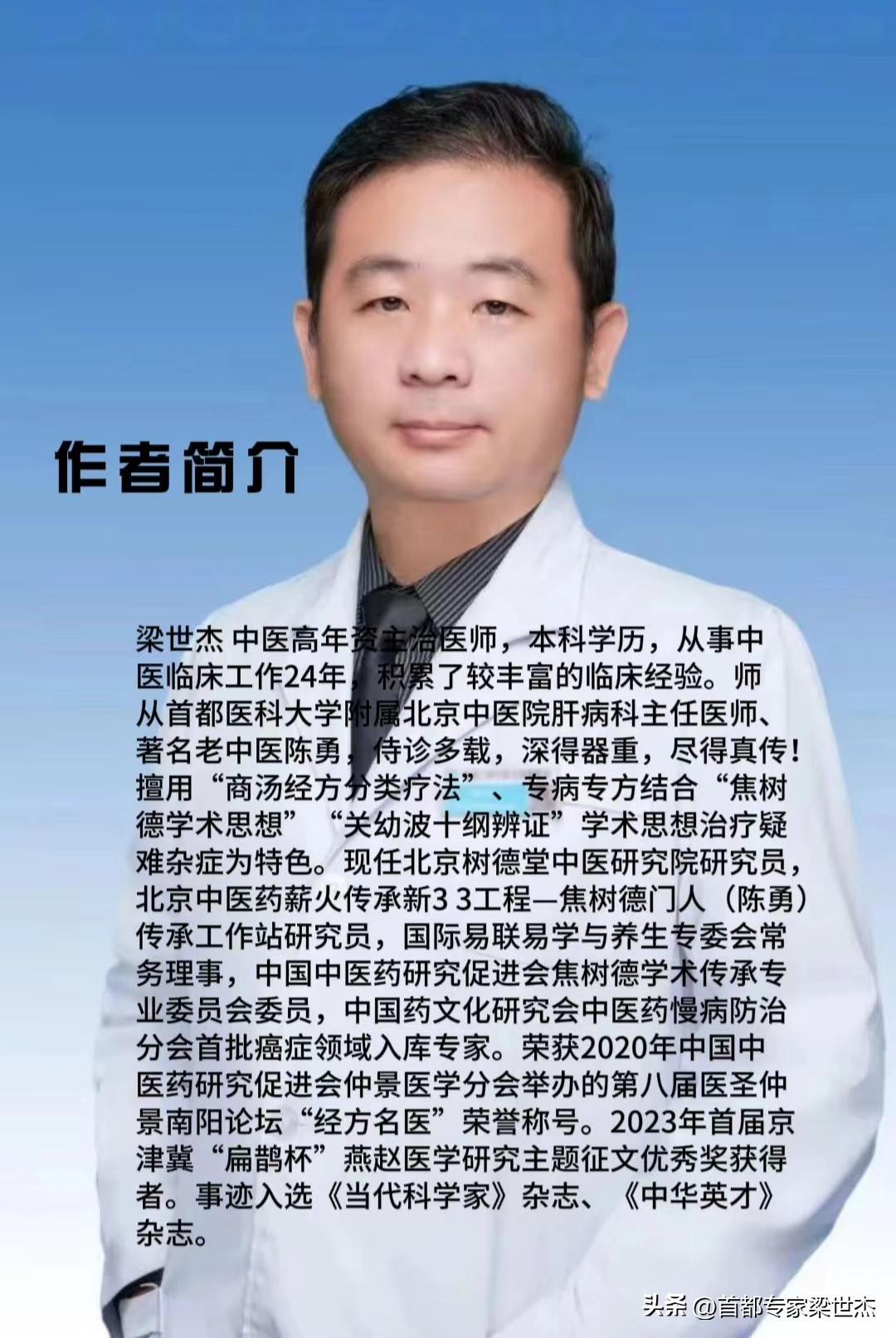
A self-proposed clinical study of steady heart hydration and yin and yang restoration of the liver
Author: Liang Shijie
Abstract:
The purpose of this paper is to explore the unique therapeutic effect of self-conscious drink in restoring qi, blood, meridians, and yin and yang. Through the in-depth digging into traditional Chinese medicine theory and clinical practice verification, this paper elaborates on the causes, mechanisms, and pathologies of the five organs of vanity, and proposes therapeutic principles with heart, spleen, and stomach as the core. The proprietary steady drink, the central formulation of this study, has been clinically validated over two years, showing significant efficacy and reliability. This paper will comprehensively dissect the therapeutic mechanism and clinical application value of homemade steady drink from theory to practice.
I. Cause of the disease
Lack of overall qi and blood, lack of sperm and yin and yang are the main causes of the loss of the five organs. The fast pace of modern life, excessive exhaustion, inappropriate diet, and mood disorders can all cause stomach and stomach weakness, which in turn affects the production and operation of qi and blood. The spleen and stomach are the biochemical source of qi and blood, which is the basis of the past, and the decline of its function directly leads to the loss of the five organs, which shows symptoms such as heart palpitations, lung sickness, liver and abdominal pain, kidney insemination, and spleen and extremity aches and pains.
II. Symptoms
1. Appetite of the spleen and stomach, and dark depletion of qi and blood: The spleen and the stomach function declines, and cannot effectively biochemical qi and blood, leading to the loss of the five organs.
2. Abnormal aspiration: The spleen and stomach are the hubs of aspiration, and their dysfunction leads to a stagnant aspiration and further affects the function of the five organs.
3. Stressing the heart: The heart is the chief of the five organs, and a strain on the heart causes the machinery of the five hearts to fail and aggravates spleen.
III. Symptoms
The disease of the five hearts is mostly characterized by a mix of false and false, with false as the mainstay. There is a lack of qi and blood, but there is a stagnant qi and blood. With the deepening of the disease, the function of the five organs gradually declines and the vitality declines.
IV. Structuralization
According to clinical manifestations, five-organ loss is divided into heart palpitations, pulmonary rupture, liver and abdominal pain, kidney insemination, spleen and limb pain, and so on. However, the various types are not completely independent and often intertwined, resulting in complex clinical situations.
V. Principles of Therapeutics
The core principle of therapy is to restore qi, blood, and the five organs, and to complement yin and yang. By adjusting the spleen and stomach, promote qi and blood biochemistry; Shut the ventilator and restore the function of the five stomachs; Enhancing the mind and the spirit enhances the ability of the mind and spirit to regulate the five organs.
VI. THE CASE FALLS.
Patient Zhang, 50 years old, suffered from prolonged overwork and developed symptoms such as early pulse, atrial fibrillation and fatigue, dizziness, panic, shortness of breath, chest tightness, constipation and panic. Western medicine diagnosed the arrhythmia, but the treatment did not work well. After seeking treatment in traditional Chinese medicine, the diagnosis was that the qi and blood were weak and the heart and spirit were unhealthy. He proposed a steady drinking regimen. After one month of taking the medication, his symptoms were significantly reduced. He continued to take the medication for three months, all his diseases were eliminated and his ECG returned to normal.
VII. Physics, Law, and Herbal Medicine
(1) Reason
The therapeutic mechanism of self-conscious drink is to promote qi and blood biochemistry by conditioning the spleen and stomach; Enhancing the heart and mind and enhancing the ability of the heart and spirit to regulate the five organs; At the same time, restore yin and yang and restore the vitality of the five bodies.
(2) Law
Take it orally in a soup, one dose daily, in two doses. In accordance with changes in the condition, adjust the formulation and dosage in due course.
(iii) prescription drugs
Composition of the self-proposed steady drink: sour dates 15 g, know mother 12 g, bacon 15 g chuan wei 10 g, sizzling licorice 15 g. Jiujing grass 20 g. Xianzhu grass 12 g. Fairmouth 10g, Fairspirit spleen 10g, Gansu 6g, dandelion 10g, lily 12g, oxen 10g, dan ginseng 15g, tulips 10g, melons 15g, oysters 30g, lemon 6g, mutton 12g, mother pearl 25g, lotus heart 5g, vinegar 10g, ginseng 12g.
VIII. Formulation
In the prescription, jujube nuts, jiao ma and 茯苓 maintain the heart and comfort the spirit;Fenugreek, sizzling licorice, earthy grass, xianhe grass, etc., regulate blood and breath; Fairy leaves and fairy spirits have a balanced spleen to complement yin and yang; Chamomile, dandelion, lilies, etc., a ventilation machine; Chamomile, tulips, melons, etc., live blood to heal bruises; Oysters, quince, and wheat nuts are solid spirits; Pearl mother, lotus heart, etc. clear heart fire; Vinegar cures pain; Taking ginseng is a good way to strengthen your temper and boost your mood. All these medicines were used together to restore the qi and blood, the five organs and the qi, and to restore yin and yang.
Conclusion:
Self-conscious drink has a remarkable therapeutic effect in restoring qi and blood, the qi of the five organs and the yin and yang of the yang. By adjusting the spleen, calming the mind, and clearing the ventilator, the clinical symptoms of five-organ loss have been effectively improved and the quality of life of patients has been improved. The clinical application of this remedy not only enriched the contents of traditional Chinese medicine, but also provided new ideas and methods for modern medicine to treat diseases such as arrhythmia. In the future, we will further study the therapeutic mechanism and clinical application value of our own steady drink to bring benefits to more patients.
Author Bio: Liang Shijie is a senior medical practitioner in traditional Chinese medicine with an undergraduate degree. He has been engaged in traditional medicine clinical work for 24 years and has accumulated a wealth of clinical experience. Following Chen Yong, chief physician of liver disease at Beijing Traditional Medicine Hospital, affiliated with Capital Medical University, and renowned old Chinese medicine, he has been treated for many years and received great attention. He specializes in the treatment of difficult diseases using "conversational traditional therapy" and special treatments combined with the academic ideas of Jiao Shude and Guan Yubo''s ten-level diagnosis.He is currently a researcher at the Shude Tang TCM Research Institute in Beijing, a fellow at the new 3 + 3 project of traditional Chinese medicine flame inheritance in Beijing - a scholar at the inheritance workstation of Jiao Shude''s protégés (Chen Yong),He is a standing committee member of the International Expert Committee on E-learning and Health Care, a member of the Jiao Shude Academic Heritage Special Committee of the Chinese Association for the Advancement of Chinese Medicine Research, and the first cancer specialist to be included in the chapter of the Chinese Pharmaceutical Culture Research Association. Won the 2020 China Association for the Promotion of Traditional Chinese Medicine Zhongjing Medical Branch held the eighth session of the Medical Saint Zhongjing Nanyang Forum "Classic Prescription Famous Doctor" honorary title. The winner of the first Beijing-Tianjin-Hebei "Pingui Cup" Yanzhao Medical Research Essay Award in 2023. His work was featured in the journal Current Scientist and the journal Chinese Talent.
